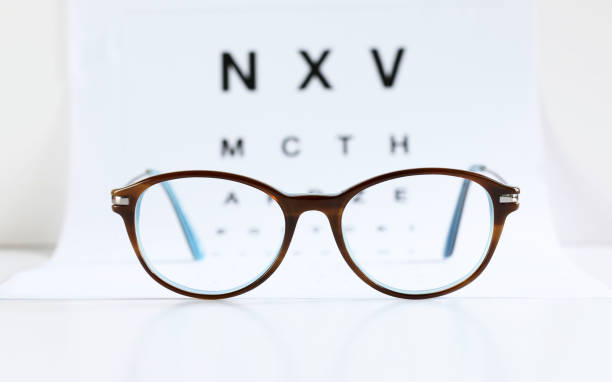If you already wear specs, it's easy to assume that your eye care needs are met. After all, you have the prescription and your vision is "fine," right? Not exactly.
Wearing spectacles does not mean that your eyes no longer require attention. Regular eye exams are especially necessary if you wear corrective lenses.
Here's why you should get regular eye exams, even if you currently wear prescribed sunglasses or frames.
1. Your Prescription can be Outdated.
Your eyes change just as much as your body does. Your vision may change with age, lifestyle, or underlying health concerns. Wearing an outdated prescription can lead to the following:
● Blurred or strained vision
● Headaches
● Eye fatigue
● Difficulty focusing
You might not notice the incremental modifications. Regular eye exams assist verify that your glasses are working properly and provide you with the clearest, most comfortable vision possible.

2. Eye Health is much more than Vision.
An eye test is more than merely reading letters off a chart. It is a complete examination of your eye health.
Opticians check your eyes for early symptoms of
● Glaucoma
● Cataracts
● Macular degeneration.
● Diabetic retinopathy
● High blood pressure and even brain-related diseases.
These disorders frequently develop silently, with no obvious symptoms at first. Regular eye exams can discover them at an early stage, allowing for more effective therapy.
3. You Might Need Specialized Lenses.
Our visual demands alter as we age or change our daily habits. If you spend more time on screens, drive at night, or have eye strain, you may benefit from:
● Blue light blocking lenses for screen use.
● Anti-glare coatings for nighttime driving
● If you struggle with both near and distance vision, consider progressive lenses.
4. Children and Teenagers also require Frequent Checks.
If you are a parent who wears glasses, don't forget about your children’s eyecare. Eye development is rapid, particularly in childhood and adolescence. Children are sometimes unaware that they have vision difficulties because hazy vision is all they have ever known and may need eye glasses. Routine eye tests aid in the early discovery of problems that, if left untreated, can impair learning and development.
5. Vision is Linked to Overall Wellness.
Did you know that eye exams can detect indicators of diabetes, high cholesterol, and high blood pressure? The eye is the only location in the body where blood vessels can be viewed directly, thus it provides a unique insight into your overall health.
Even if your glasses "seem fine," an optician may notice something more serious.
How Often Should You Get Eye Exams?
● Adults (ages 18-60): Every 1–2 years
● Over 60s: Annually.
● Children and teenagers: Annually or as recommended by the optician.
● People with health risks (e.g., diabetes): At least once every year.
● If you experience abrupt changes in your vision, such as flashes, floaters, or problems
focusing, get an eye test right away.



